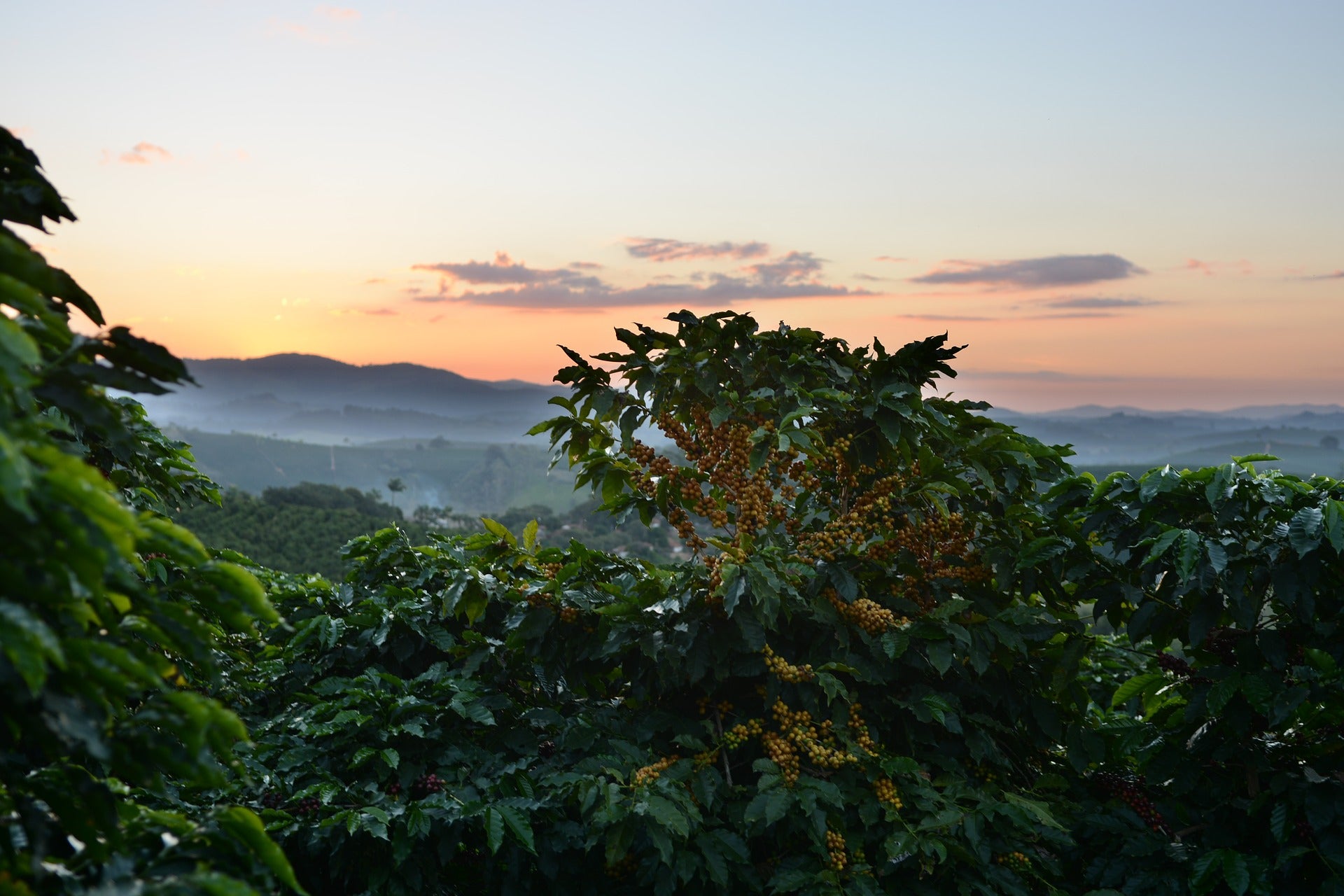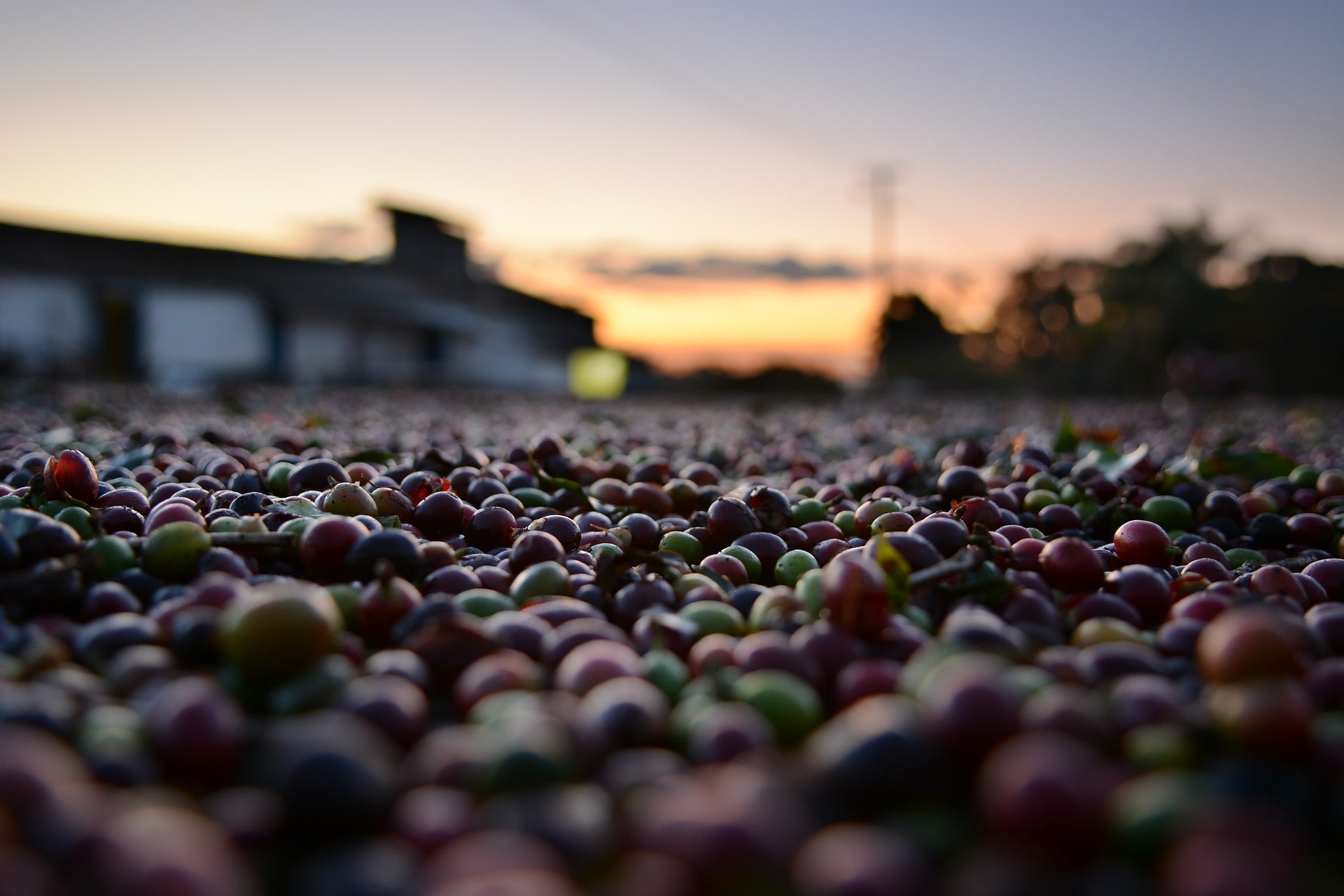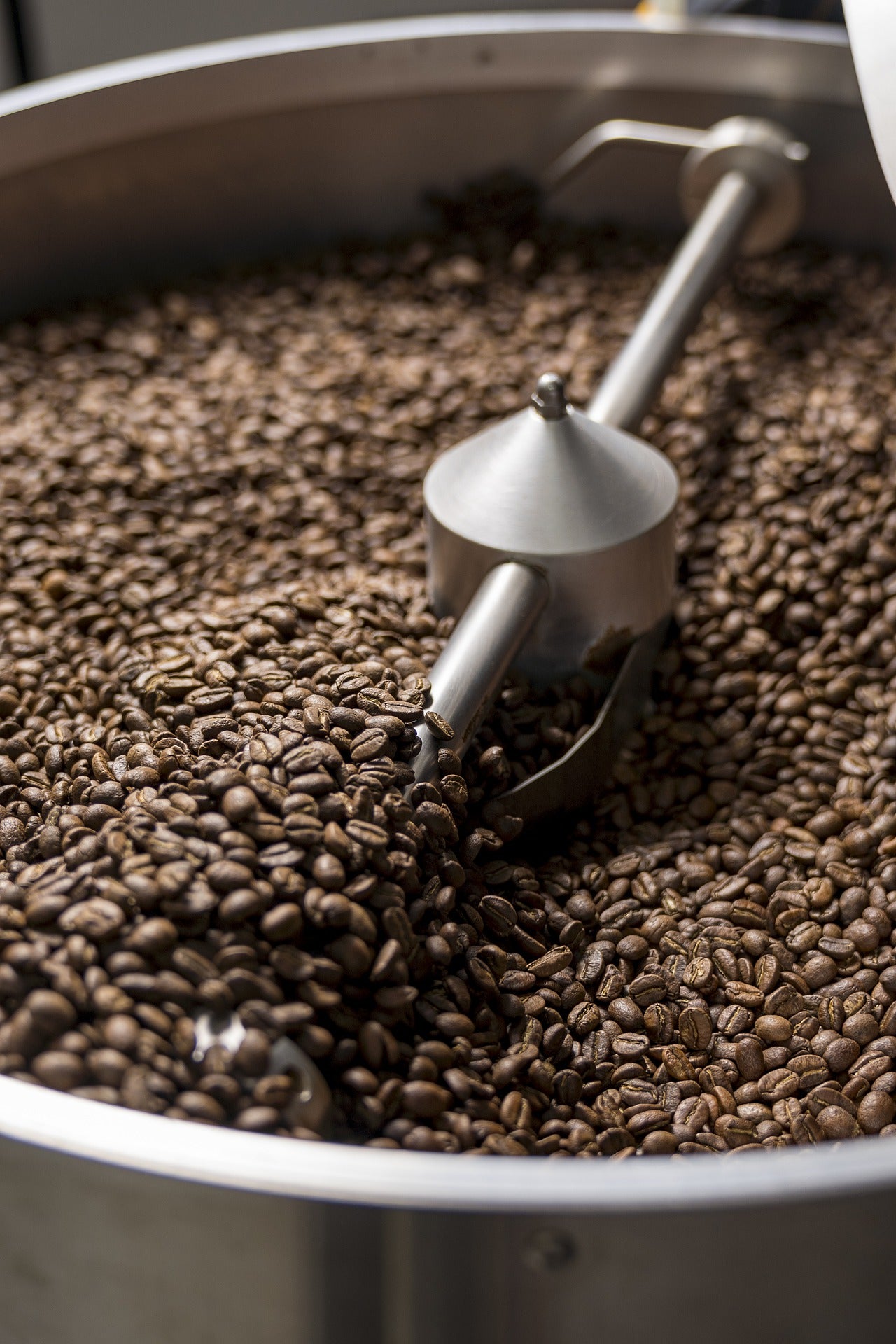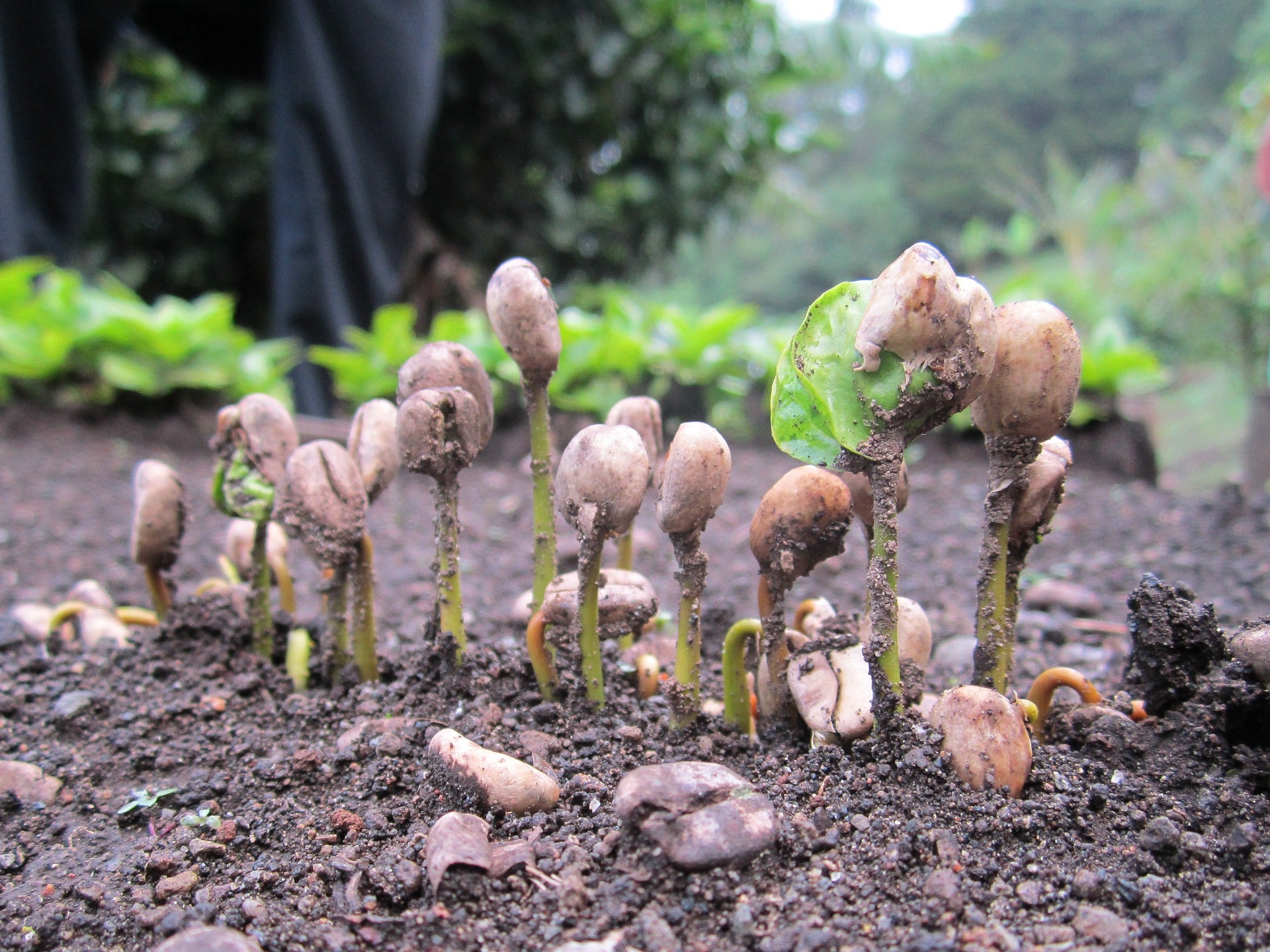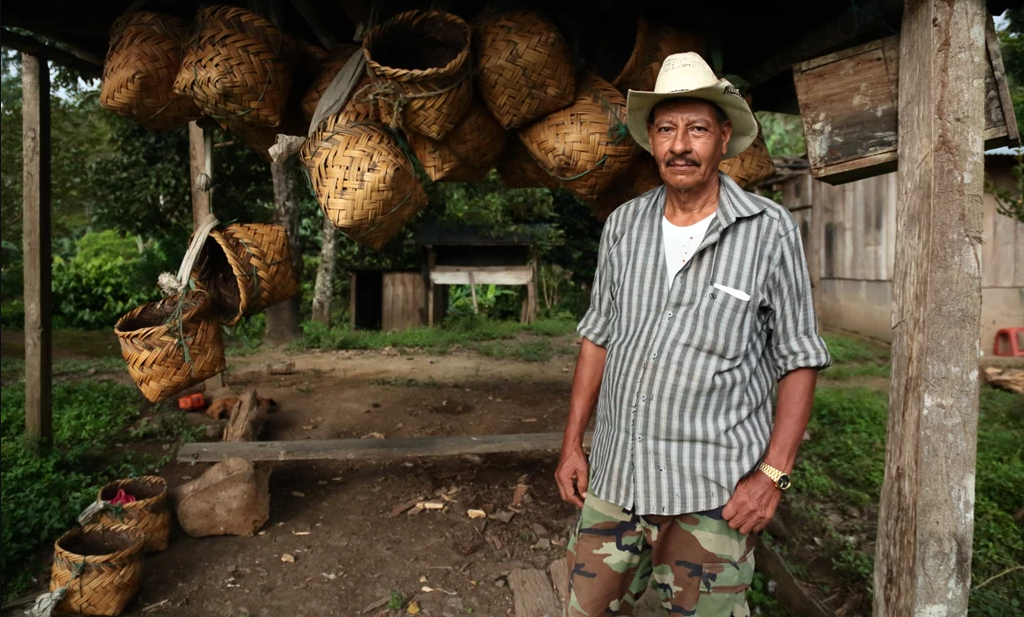Sugar Cane-processen, som stammer fra Colombia, hvor sukkerrør vokser i overflod, undgår at forstyrre bønnernes cellulære struktur og forstærker endda sødmen i den færdige kop!

Processen begynder med, at fermenteret melasse fra sukkerrør bruges til at fremstille ethanol. Alkoholen ethanol blandes med naturlig eddikesyre for at skabe opløsningsmidlet ethylacetat (E.A.). E.A. findes også i vin, øl, frugt og grøntsager.
Kaffebønnerne lægges i blød i vand, hvilket øger bønnernes fugtindhold og frigiver koffein fra deres struktur. Efter at have været i blød i en tilstrækkelig periode gennemgår bønnerne en E.A.-vask, som opløser koffeinen. Til sidst renses bønnerne igen med vand, udsættes kortvarigt for damp for at rense de indre dele af bønnen og tørres derefter til det oprindelige fugtniveau.
Denne proces fjerner cirka 97 % af koffeinindholdet. Takket være den fermenterede melasse fra sukkerrørene skaber Sugar Cane-processen bønner med en behagelig, ren og sød smag!



